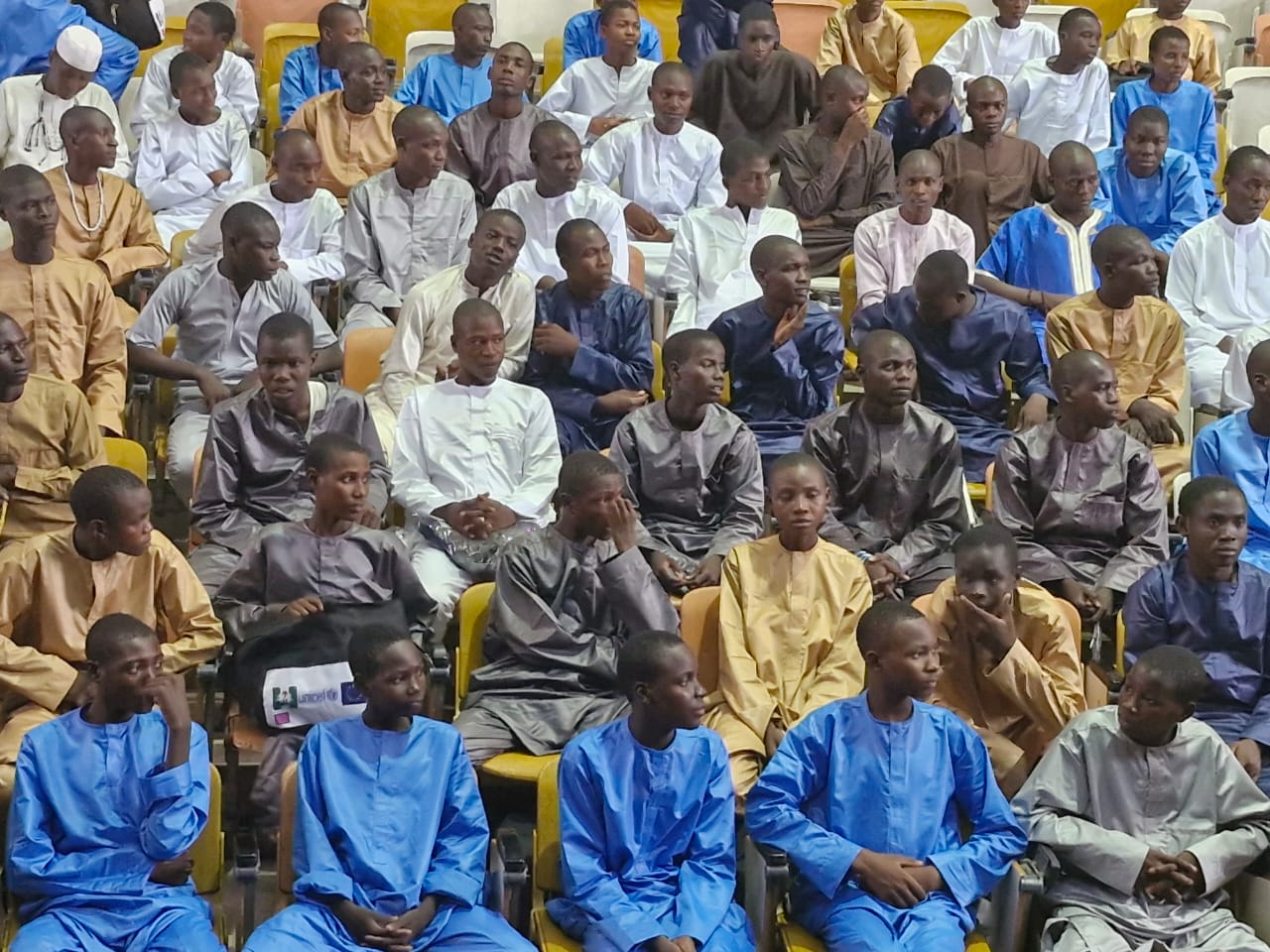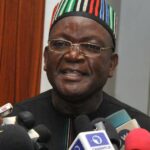Nigerians should pay attention to the tricks played by the administrators of this Tinubu-led government. As observed and documented in many of my columns, the idea of refusing to take responsibility has become a norm under this government. I feel refusing to take responsibility for failure or mistakes, has become part of the guiding principles of this government.
I say this in relation to the detained children, who were detained for around 93 days before being charged. The story was suppressed from the mainstream media until last Friday. The parents and guardians of these underage children were surprisingly silent, too. When the news of shame broke, the government quickly turned the narrative into regional politics by blaming the parents, northerners and the lack of education. Typical of them.
At the arraignment, each child was given an outrageous condition to bail himself, including paying N10 million. This is an exorbitant amount for bail. As usual, seeing the actions of the ‘revered’ judge, the advocates who were attending to the children took the matter to the court of public opinion because that is the only institution that can force the government to act like a sane system. They dislike making global headlines for the wrong reasons.
Bulama’s cartoon likened the bail charge to what bandits would have charged for kidnapping a child. A reference was even made to a House member who was charged N500,000 for bail just a few days ago, albeit on different charges. As expected, the president quickly responded by ordering the Attorney General to take over the matter on Friday and then ordered their release himself on Monday. The presidential order resulted from the pressure the public piled on the administration.
- We support competition but won’t allow continued PMS import – Dangote Refinery
- 2-yr-old rape victim’s body found in Bauchi
Looking at the facts, these children are from Kano and Kaduna and joined the #EndBadGovernance protest. Yes, the protest was mainly disruptive but non-violent, within the law. They did so as households began to feel the hardship caused by Tinubu’s harmful policies. The government refused to listen to the reason, and people took to the streets on August 1.
According to the affidavit, the children were detained for waving foreign flags, which some state actors termed as treasonable. On the contrary, the constitution and criminal code do not explicitly prohibit the display of foreign flags during protests. Besides, Nigerians fly foreign flags at places and events where youth gather, like football centres and hotels.
Like many other citizens, I believe the Tinubu-led administration is pushing to suppress our right to protest, among other rights. This is undemocratic. Violating human rights, such as the right to protest, is chargeable against state actors in national and international courts. This includes all the security operatives involved in suppressing people’s rights.
This government must concede that people are not asking for too much by demanding good governance. The youngest among us understand what is at stake when the government fails to deliver. So, seeing children participate in a protest is a message to the government that the children know that these demands shape their future. Underage protests are not unique to Nigeria, and it is not a lack of education that causes them. If anything, it is exposure that brings them. In my opinion, the parents and guardians of these children should be commended for making them join a protest to demand good governance.
Youngsters have protested around the globe. Prominent activists like Malala Yousafzai began fighting for girls’ education at the age of 11. She advocated against the Taliban’s ban on girls attending school in Pakistan. Greta Thunberg led global climate strikes at the age of 15. Young children have also joined the collective action with adults. Movements like the March for Our Lives in the United States in 2018 saw students demanding stricter gun control. The Soweto Uprising of 1976 had South African students protesting against apartheid-era education policies. In Kenya, schoolchildren held strikes in 2019 to call for climate action. In Ghana, minors protested against child labour in the cocoa industry in 2018. These youngsters were supported by their parents, communities and even their governments. They were celebrated, not detained.
In our current situation, these youngsters joined the protest to advocate for the government to deliver good governance to Nigerians, not only to their region. Good governance is a national public good that will shape their future. Evidently, after 10 years in power, the APC government is falling short, and even the young understand the urgency, seeing their lives shaped by the quality—or lack—of governance. They, too, demand the promises made but unkept.
Various northern groups have supported the protest, and I believe they have received their parents’ blessings. But instead of the government paying attention to the people, they respond by inappropriately suppressing them.
Surprisingly, not many northerners spoke out for children despite them coming from their area. A notable mention is Prof. Ibrahim Maqary and Prof. Usman Yusuf, who sent out powerful messages for their release and after-release conditions. We must give full credit to advocates like Falana, Sowore, Adeyanju, Very Dark Man, Amnesty International, mainstream media houses, social media influencers and others who ensured the children were treated appropriately since the news came to light.
I do not doubt the genuine jubilation we saw as the children were released, but we must remain focused on the fact that people have a right to protest for good governance. The state actors in this inhumane detention should be brought to justice.
The Nigeria Bar Association should investigate the lawyers who signed the affidavit that claims the children were adults and one that went on TV to make this assertion. Their actions breach the ethical standards of the legal profession.
As for the administrators of the Tinubu-led government, we know they will not take responsibility for this action. They have since twisted their detention into regional politics just so that it can transfer responsibility. But we must persist in demanding the government to deliver good governance for the people.

 Join Daily Trust WhatsApp Community For Quick Access To News and Happenings Around You.
Join Daily Trust WhatsApp Community For Quick Access To News and Happenings Around You.


